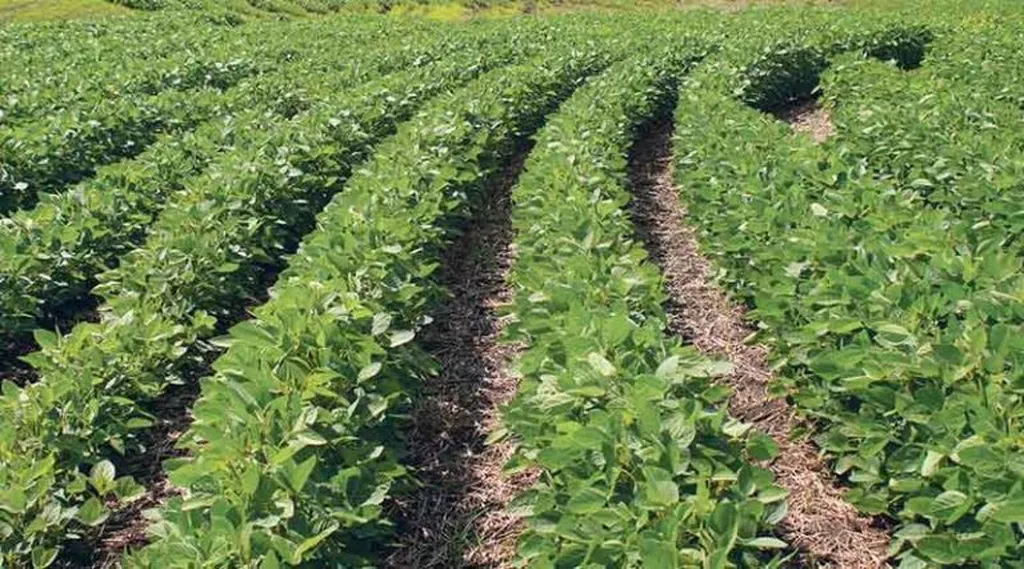In a significant stride toward unraveling the complexities of soybean biology, a team of researchers led by Qing Yang from the Institute of Cereal and Oil Crops at the Hebei Academy of Agricultural and Forestry Sciences has published a groundbreaking study in *Cell Genomics*. The research offers an unprecedented look into the soybean proteome, mapping out a landscape that could pave the way for improved crop yields and agricultural sustainability.
Soybean, a cornerstone of global agriculture, is a vital source of vegetable protein, yet its proteome—the entire set of proteins expressed by its genome—has remained largely undercharacterized until now. The study quantifies a staggering 12,855 proteins across 14 different soybean organs using advanced 4D data-independent acquisition mass spectrometry (4D-DIA-MS). This technique allows for a more comprehensive and precise analysis of the proteome, providing a detailed map of protein expression and regulation.
One of the most intriguing findings of the study is the identification of organ-specific protein expression and co-expression patterns. “We found significant differences in protein abundance across various organs, which highlights the functional specificity of proteins in different parts of the plant,” explains Yang. This discovery could be crucial for understanding how soybeans adapt to their environment and how they can be optimized for better growth and yield.
The research also delves into the role of N6-methyladenosine (m6A) modifications, a type of RNA methylation that plays a key role in post-transcriptional regulation of proteins. By integrating proteome and m6A methylome data, the team identified a novel regulator in m6A methylation. “This integrative analysis has revealed a new layer of regulation that was previously unknown,” says Yang. “Understanding m6A modifications can help us manipulate protein expression more effectively, potentially leading to improved crop traits.”
The implications of this research for the agriculture sector are profound. A deeper understanding of the soybean proteome and the regulatory mechanisms at play can lead to the development of more resilient and productive soybean varieties. This could address some of the pressing challenges in agriculture, such as climate change and the need for sustainable food sources.
Moreover, the comprehensive dataset generated by this study serves as a valuable resource for future research. It provides a foundation for further exploration of soybean biology and offers insights that could be applied to other crops as well. “This is just the beginning,” Yang notes. “The data we’ve collected can be used by researchers worldwide to delve deeper into the complexities of plant biology and to develop innovative solutions for agriculture.”
As the global demand for protein continues to rise, the need for sustainable and efficient agricultural practices becomes ever more critical. This research not only advances our understanding of soybean biology but also opens up new avenues for crop improvement. By harnessing the power of proteomics and epigenetics, the agriculture sector can look forward to a future where crops are not just more productive but also more resilient to environmental stresses.
Published in *Cell Genomics*, this study marks a significant milestone in the field of plant science. With Qing Yang and his team at the forefront, the future of soybean research looks promising, offering hope for a more sustainable and food-secure world.

